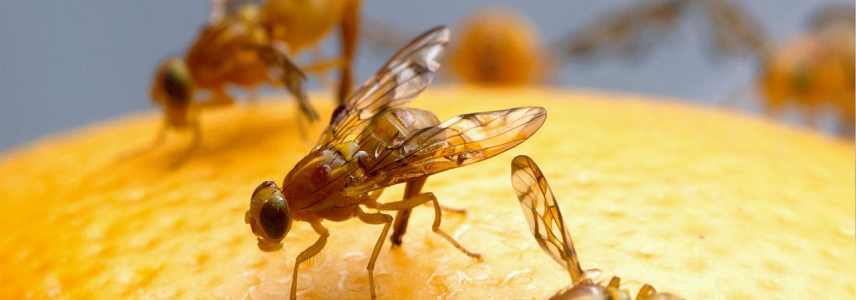Changes in European phytosanitary regulations for fresh fruit and vegetables

Attention for plant health is increasing worldwide. In Europe, high interception rates for pest-infested fruit led to a decision to introduce extra phytosanitary measures. In December 2019, the new phytosanitary rules came into force in Europe. This had significant consequences for plant protection organisations and fresh fruit exporters.
The new European regulation requires all plants and living plant parts from non-EU countries to have a phytosanitary certificate. This guarantees they have been properly inspected, are free from quarantine pests and are in line with EU plant health requirements. Regulation (EU) 2019/2072 provides the details for the implementation of protective measures against plant pests. Only five fruits do not require a phytosanitary certificate for import: pineapple, banana, coconut, durian and dates.
The new rules require action from producers, exporters and the National Plant Protection Organisation (NPPO). Authorities in producing countries have to be able to declare a region pest-free or check on specific areas and product treatments. There is priority for pests that have the most severe impact on the EU territory. These are Xylella fastidiosa, the Japanese beetle, the Asian long-horned beetle, Citrus greening and Citrus Black Spot.
One of the other serious threats is the non-European fruit fly (Tephritidae), common in high-risk fruit such as mangoes. For exporters, physical plant heath controls and hydrothermal treatments prior to export will have to become standard practice. Exporters must be aware of this when entering the European market for mangoes.
However, pests in fruit and vegetables is not a unique issue in the European Union. It is a global issue and attention for plant health is increasing worldwide. The Food and Agriculture Organization (FAO) estimates that every year up to 40% of food crops are lost due to plant pests and diseases. This is one of the reasons why the FAO declared 2020 the International Year of Plant Health (IYPH). Through this declaration, they wish to express their ambition to raise awareness. They will also strengthen efforts against the risks. The IYPH 2020 Promotional Video explains this and several other objectives.
One can only hope that all this attention will lead to more concrete help in prevention. This includes implementing integrated pest management (IPM) and complying to the stricter regulations. A good example of such an initiative is the COLEACP Fit for Market SPS project. This addresses the struggle of farmers in ACP countries, a group of countries in Africa, the Caribbean and the Pacific, to comply with phytosanitary market requirements.
European importers understand the need for strict phytosanitary control. At the same time, they are concerned that many of their supplying countries are not ready for the stricter regulations. This emphasises the need for exporters to prepare well when entering the European market.
You can find additional tips and information about how to prepare yourself in CBI’s study on buyer requirements.
This news article was written for CBI by ICI Business.
Stay informed
To stay informed on the latest developments in Fresh Fruit and Vegetables, make sure to subscribe to our newsletter.